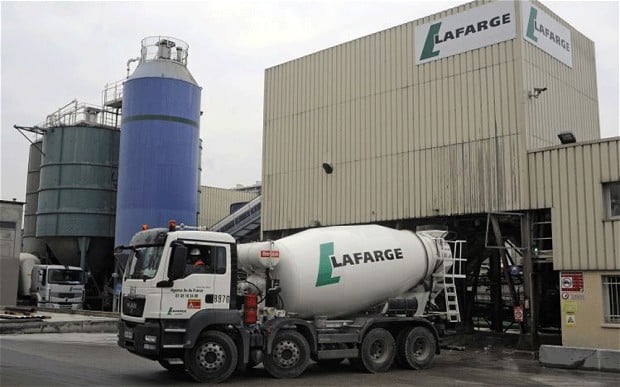FBN Holdings Plc is in a year in which three years of rapidly falling credit loss expenses have given way for a high speed upward run once again.
Over the preceding three years, the bank had seen a sustained drop in loan impairment expenses from the height of N226 billion in 2016 to N51 billion at the end of 2019.
This year presents a change of trend with a 64 percent rise in risk asset quality impairment year-on-year to about N47 billion at the end of September. This is a major challenge to management that is still struggling to rebuild profit to match the level attained as far back as 2014.
Profit improvement has slowed down, as loan losses claim an increased proportion of the bank’s revenue. The drop in credit loss expenses over the preceding three years had powered an average growth of 85 percent in profit over the years. Also, the rising charges for loan losses this year has set the pace for the lowest profit improvement for FBN Holdings in four years.
Advertisement
As credit losses rise, profit growth keeps slowing down from 63 percent in the first quarter to 56 percent at half year and further to 31.5 percent at the end of the third quarter. That remains a top performance growth record by industry standard and in consideration of the challenging operating climate of this year.
FBN Holdings remains on the profit recovery pedestal for the fourth straight year. It closed last year’s operations with a net profit of N70 billion — which is still way back from the peak net profit figure of N84 billion in 2014.
Part of the challenge stems from equally slowing earnings performance. Gross earnings kept slowing down from 14.5 percent in the first quarter to about 6 percent at half year and further down to 5 percent at the end of the third quarter. However the bank’s management took steps to extract an increased margin of profit to compensate for the slowdown in earnings.
Advertisement
Improved ability to convert revenue into profit is a key strength for the bank in operations this year. It pushed up profit margin from 12.4 percent in the same period last year to 15.5 percent at the end of the third quarter in September 2020. This provided the strength to grow profit more than six times ahead of revenue at the end of the third quarter.
FBN Holdings posted gross earnings of over N439 billion at the end of the third quarter operations. This represents an increase of 5 percent year-on-year and a sustained slowdown from the first quarter record of 14.5 percent. Revenue growth has been relatively slow for the bank since 2017.
The drawback on revenue performance continues to come from interest earnings, which went down by 7 percent year-on-year to N298 billion at the end of the third quarter. This is despite increasing credit volume so far this year. Lending to customers grew by 11 percent to over N2 trillion at the end of the third quarter from the closing figure in 2019.
Loans and advances to other banks also grew by 8 percent to N816 billion but the investment portfolio declined by 10 percent to about N1.3 trillion over the same period.
Advertisement
Non-interest income made up for the drop in interest earnings and accounted for the revenue improvement at the end of the third quarter. The performance came from two income lines -net gains on sale of investment securities and net gains from financial instruments. The income lines grew by 452 percent to over N41 billion and 122 percent to N7.7 billion respectively over the review period.
Management applied cost saving to reinforce the moderate improvement in revenue. Cost of funds provided the cost saving centre, dropping by close to 10 percent year-on-year to N105 billion at the end of the third quarter. The drop in interest expenses was as much as 30 percent quarter-on-quarter in the third quarter.
The ability to save cost from interest expenses reflects both a strong growth in customer deposits and a drop in average cost of funds. Customer deposits expanded by 15 percent to N4.6 trillion at the end of the third quarter. This represents an addition of N600 billion to the customer deposit portfolio over the nine months of the financial year.
The cost saving strengthened net interest income and moderated the impact of the resurgence of credit impairment expenses on earnings over the period. Through the gains and losses, the bank’s management maintained its recovery trend at the end of the third quarter.
Advertisement
The third quarter operations ended in September 2020 with an after tax profit of N68 billion, which is a year-on-year growth of 31.5 percent. Improvement in profit margin is the strength to keep profit growing in the face of decelerating revenue performance. At 15.5 percent, net profit margin is at a six-year high for the bank this year.
The bank earned N1.87 per share at the end of the third quarter compared to N1.39 per share in the same period in 2019. It closed the 2019 operations with earnings per share of N1.98 and gave shareholders a cash dividend of 38 kobo per share.
Advertisement
Advertisement
Add a comment






